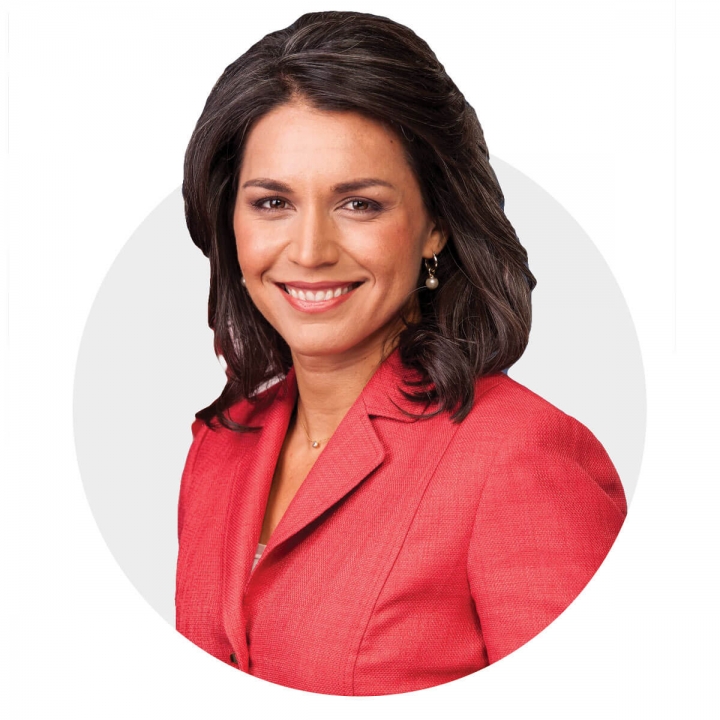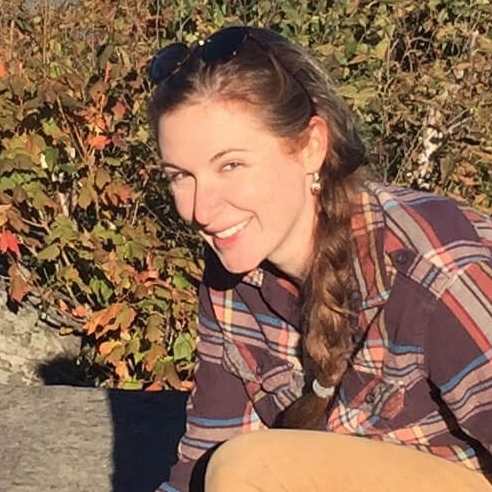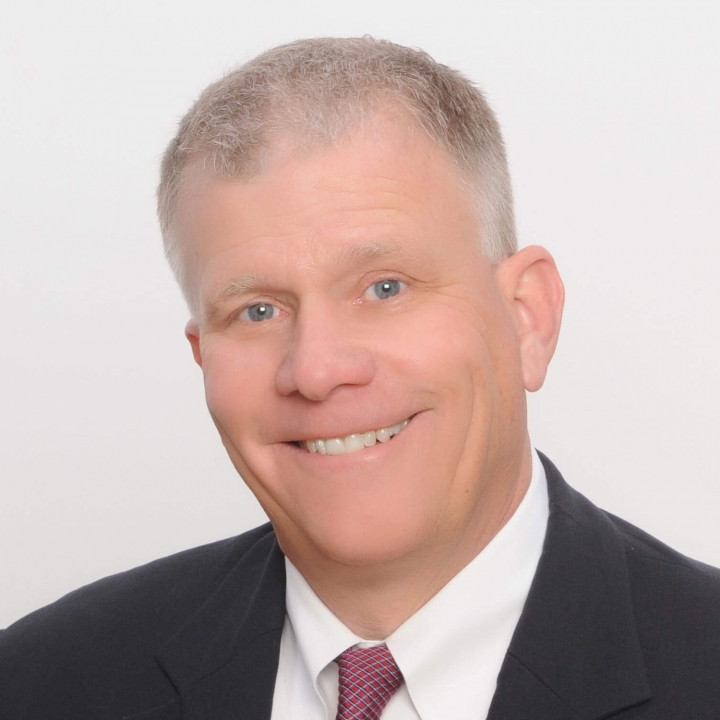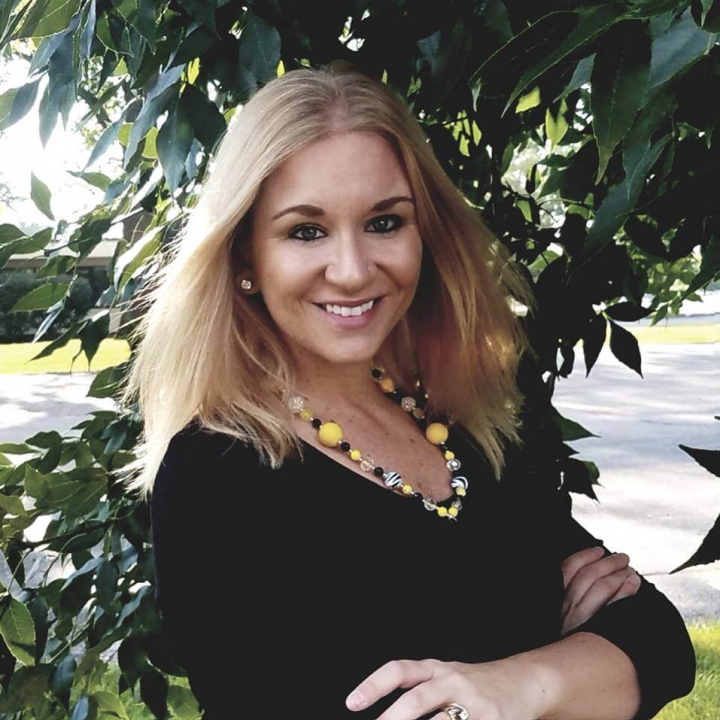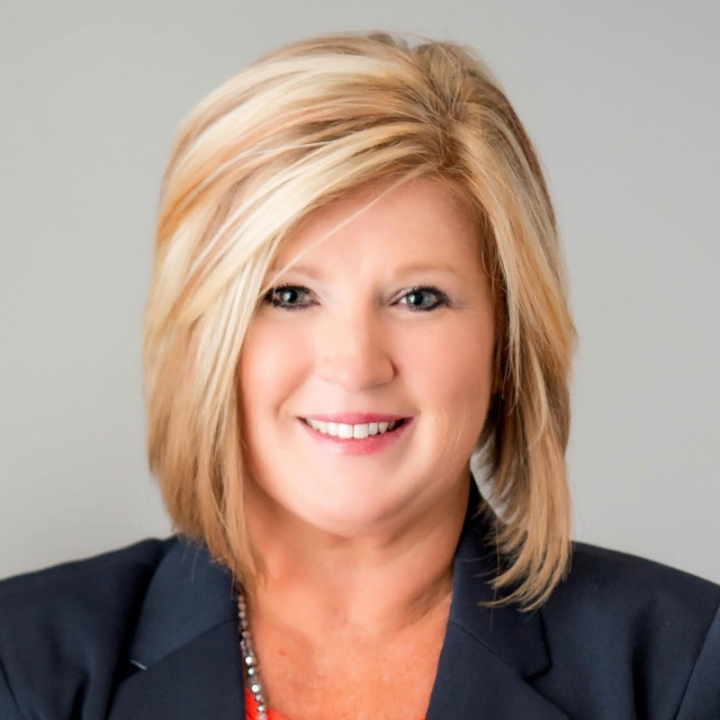Tulsi Gabbard on Criminal Justice Reform
Gabbard pledges she would end the war on drugs.
Gabbard pledges to end cash bail.
Gabbard introduced the Ending Federal Marijuana Prohibition Act of 2019, which would limit the application of Federal laws to the distribution and consumption of marijuana and would remove marijuana from the list of Schedule l substances under the Controlled Substances Act.
Gabbard would remove marijuana-related convictions from “otherwise law-abiding Americans.”
Gabbard received increased national attention after criticizing Senator Kamala Harris for her record as former Attorney General for California stating, “... and the people who suffered under your reign as California prosecutor -- you owe them an apology.”
Gabbard would pass the End Money Bail Act, and would provide resources to states to implement a free trial, no money bail system.
Gabbard has pledged to provide resources to states to reduce the jail population, ensure safer communities, and save taxpayer dollars.
Gabbard promises to shut down the school-to-prison pipeline.
Gabbard pledges she will work for clemency reform, including expunging the criminal records of individuals convicted of non-violent drug offenses.
Gabbard says she will work to make house arrest and work release “more viable for non-violent offenders” with the aim to prevent jail and prison entry.
Gabbard would legalize marijuana at the federal level.
Gabbard would ban private prisons.
Gabbard cosponsored the Marijuana Justice Act of 2019, which would economically punish states that do not legalize cannabis and continue to incarcerate or arrest people for cannabis-related offenses.
Gabbard is a cosponsor of the FIRST STEP Act, which aims to reduce the prison population by strengthening evidence-based, rehabilitative programs for those who are incarcerated.
When asked by an audience member at a 2019 CNN Town Hall event if Gabbard would decriminalize all drugs, Gabbard responded by saying that after with meeting with a group of men living in a substance use recovery facility in New Hampshire, she was “impressed by their strength and their resilience,” that we need to end the failed war on drugs, that she feels it is important to identify the root causes of addiction, and discussed her introduction of the Ending the Federal Marijuana Prohibition Act of 2019. CNN host ____ then asked for further detail saying, “So Congresswoman, you’re talking a lot about marijuana, but where do you draw the line on decriminalization, because one of the questions was about all drugs. What do you think about that?” Gabbard replied, “I think that the heart of her question was really recognizing that this is about addiction, not criminalization. Our failed war on drugs has turned everyday Americans who are struggling with substance abuse and addiction and turned them into criminals.” Gabbard did not provide an answer regarding the legalization of all substances.
Gabbard would abolish mandatory minimum sentences for non-violent drug offenses.
Gabbard promises to provide expanded education opportunities, vocational training, and mental health services for individuals in prison.
Gabbard promises to never sign another mandatory minimum sentence into law that removes discretion from judges.
“Our outdated policies on marijuana are turning everyday Americans into criminals, tearing apart families, and wasting huge amounts of taxpayer dollars to arrest, prosecute, and incarcerate people for non-violent marijuana charges.”
“We must stand up against for-profit, private prisons and a criminal justice system that favors the rich and powerful and punishes the poor, locking up people who smoke marijuana and ignoring corps like Purdue Pharma responsible for thousands of opioid-related deaths.”
“…too often we have people in positions of power who don’t care about serving the people. They don’t care about actually serving justice. Instead, they are using their position of power and privilege for their own selfish interests. It’s unfortunately because so much a part of the fabric of our society, that we barely bat an eye when Wall Street bankers who have cheated and gambled and lost billions of our money have not served a day in prison, and they are actually rewarded with million-dollar bonuses. We have big pharmaceutical companies, companies like Purdue Pharma, who have cheated and lied to the American people just so they can proliferate these highly addictive opioid drugs on our streets, driving up their profits, ruining people’s lives, causing the deaths of tens of thousands of people. Yet, what happens to them? They walk away. They get a slap on the wrist. Meanwhile, on the other hand, we have nonviolent drug offenders arrested, thrown in prison, shackled with a criminal record that will follow them wherever they go forever. These are just two examples of this fundamentally unjust system that we have. We have mass incarceration that’s predominantly impacted poor people and communities of color, people’s lives ruined because of one mistake while others whose entire careers are built on predatory behavior and exploitation of the innocent are routinely excused. This is not justice. Justice must be blind… Anyone who’s come into contact with our prison system in any way knows that it is deeply broken. Not only does our prison system fail to fulfill its function of deterring and correcting crime, it is a central driver of a conveyor belt that sucks our youth into an ever-increasing spiral of offenses, punishment, and collateral consequences.”
Read More
Fix our broken criminal justice system
Tulsi Gabbard campaign website, 2019
Justice for All — Tulsi Gabbard at the South Carolina Criminal Justice Forum
MSNBC, October 29, 2019
Tulsi Gabbard on Overdose Prevention Sites
When asked by a radio listener during an interview how Gabbard feels about “needle exchange programs and these safe spaces for people who if they have an addiction to drugs and whatnot,” Gabbard expressed support. It is unclear whether the radio listener was referring to safe consumption spaces in her question, or as to whether Gabbard’s answer of support was meant to include safe consumption spaces.
When asked by a listener in a radio interview with New Hampshire Public Radio how Gabbard felt about needle exchange programs and safe consumption spaces, Gabbard answered, “I think that these programs, and I’ve heard a lot about kind of the Hub and Spoke program here in New Hampshire that are being implemented at the local level, do so much towards helping people find that safe space to begin that tough path towards recovery, towards ending that addiction. I want to bring up one thing that I think the state legislature here [New Hampshire] has passed, I think through the House [of Representatives], and that that is marijuana. I’ve introduced legislation at the federal level to end the federal marijuana prohibition for a whole host of reasons, but one of which is how we’ve seen a direct correlation in states that have either passed medical marijuana or completely decriminalized marijuana. We’ve seen that correlation in a drop in opioid addiction and also a correlating drop in opioid related deaths. So I think there’s a number of different avenues that we need to pursue to address this opioid crisis. Not a single one of them alone will be effective in doing so, but we have to treat it like the crisis that it is both in accountability and prosecution for those responsible for proliferating these drugs, and recovery and treatment and help for those who are suffering at the brunt of this crisis.” NHPR host Peter Biello followed up by asking for a clear yes or no on whether needle exchanges are a “good idea.” Gabbard responded, “Yes.”
Read More
2020 Candidate Conversation: U.S. Rep. Tulsi Gabbard
March 21, 2019 | New Hampshire Public Radio
Tulsi Gabbard on Naloxone Access
Gabbard has not issued specific statements to this issue.
Tulsi Gabbard on HIV Getting to Zero
Gabbard has not yet completed a survey about HIV policy issued by AIDS United, nor issued specific statements to this issue.
Read More
2020 Presidential Candidate HIV Questionnaire
AIDS United, 2019
Tulsi Gabbard on Hepatitis C Treatment Access
Gabbard has not issued specific statements to this issue.
In 2016, while serving as a House Representative for Hawai’i, Gabbard voted in favor of the Military Construction and Veteran Affairs funding bill for Fiscal Year 2017, which included $850 million for health care needs of veterans, including treatment of hepatitis C.
Read More
Rep. Tulsi Gabbard Votes for VA Funding and $200 million for Hawai’i Military Construction
May 19, 2016 | Tulsi Gabbard House website
Tulsi Gabbard on Voting Rights Restoration
A spokeswoman for Gabbard stated that felons should not be able to vote while under the control of law enforcement, including while on parole, because their votes could be “unduly influenced by those authorities.”
Gabbard has not personally issues specific statements to this issue.
Read More
2020 Candidates Are Very Hesitant About Letting Prisoners Vote
Sam Levine and Igo Bobic, April 10, 2019 | HuffPost
Tulsi Gabbard on Drug Decriminalization
Gabbard introduced the Ending Federal Marijuana Prohibition Act of 2019, which would limit the application of Federal laws to the distribution and consumption of marijuana and would remove marijuana from the list of Schedule l substances under the Controlled Substances Act.
Gabbard cosponsored the VA Medical Cannabis Research Act of 2019 to direct the Secretary of Veteran Affairs to carry out a clinical trial of the effects of cannabis on certain health outcomes of adults with chronic pain and post-traumatic stress disorder.
Gabbard co-introduced the Opioid Crisis Accountability Act of 2019, which would prohibit the illegal marketing and distribution of opioids, would create criminal liability for top company executives, would penalize drug manufacturers who illegally advertise, market, or distribute an opioid product, and would require drug makers to reimburse the country for the negative economic impact of their drugs.
Gabbard cosponsored the Marijuana Justice Act of 2019, which would economically punish states that do not legalize cannabis and continue to incarcerate or arrest people for cannabis-related offenses.
Gabbard would remove marijuana-related convictions from “otherwise law-abiding Americans.”
In 2017, Gabbard signed onto a letter to Eric Hargan, Acting Secretary at the time for the U.S. Department of Health and Human Services urging the department to allow research of medical marijuana as a pain management alternative to opioids.
When asked by an audience member at a 2019 CNN Town Hall event if Gabbard would decriminalize all drugs, Gabbard responded by saying that after with meeting with a group of men living in a substance use recovery facility in New Hampshire, she was “impressed by their strength and their resilience,” that we need to end the failed war on drugs, that she feels it is important to identify the root causes of addiction, and discussed her introduction of the Ending the Federal Marijuana Prohibition Act of 2019. CNN host ____ then asked for further detail saying, “So Congresswoman, you’re talking a lot about marijuana, but where do you draw the line on decriminalization, because one of the questions was about all drugs. What do you think about that?” Gabbard replied, “I think that the heart of her question was really recognizing that this is about addiction, not criminalization. Our failed war on drugs has turned everyday Americans who are struggling with substance abuse and addiction and turned them into criminals.” Gabbard did not provide an answer regarding the legalization of all substances.
“As the opioid epidemic continues to ravage communities across the country, we must pursue every available path to prevent, treat, and ultimately end America’s reliance on these highly addictive drugs… With the Ending Federal Marijuana Prohibition Act, we can begin to rectify decades of misguided law enforcement policy and focus on solutions. We can work for people like veterans and healthcare advocates instead of pharmaceutical lobbyists who will continue to push dangerous and addictive painkillers even amidst an opioid epidemic. Ending Federal Marijuana Prohibition is the best way forward for our criminal justice and healthcare systems.”
“We must end this failed war on drugs. I introduced bipartisan legislation that would end the federal prohibition on marijuana. This will have a great impact on the opioid crisis. In states where marijuana is legalized, we have seen a drop in opioid addiction, and a drop in opioid-related deaths. This will have an impact on our economy in so many different ways, as well as taking a huge bite out of our broken criminal justice system, where far too many nonviolent drug offenders are wasting away.”
“The fact that marijuana’s still a Schedule I drug is unacceptable in the harm that it is causing to the people of our country and to taxpayers as well. The impact this has on individuals, potentially leading to criminal records that impact them, their families, their ability to get a job, housing, financial aid for college–the impacts of this are great. That’s not to speak of the impact on states, small businesses and banks in those states that have legalized some level of marijuana.”
“I believe firmly in every person’s freedom to make their own choices, and that people should not be thrown in jail and incarcerated or made into criminals for choosing to smoke marijuana whether it be for medicinal and non-medicinal purposes.”
Read More
CNN Presidential Town Hall with Rep. Tulsi Gabbard
March 10, 2019 | CNN
End the failed war on drugs
Tulsi Gabbard campaign website, 2019
H.R.1588 – Ending Federal Marijuana Prohibition Act of 2019
March 7, 2019 | U.S. Congress website
Letter to Acting Secretary of the Department of Health and Human Services
Eric D. Hargan | December 5, 2017
Tulsi Gabbard on Substance Use Treatment Access
Gabbard voted to pass the Comprehensive Addiction and Recovery Act (CARA) of 2016, which requires the Department of Health & Human Services to provide grants to states for substance use treatment and expanded.
Gabbard supports Medicare for All.
When asked in by Ronald Haley, member of the 2020 Bipartisan Justice Center whether she would commit to freeing individuals who are incarcerated due to drug charges, Gabbard responded, “Yes… we have to completely change the way that we are viewing this challenge where people are being and have been incarcerated purely for drug use violations while many others are going scot free. Being incarcerated because they are victims of this failed war on drugs that’s been waged now for decades that really has not solved any of the problems that they said it would solve, but really has just proven to be so costly for the people who have been caught up in that net. Drug abuse, substance abuse, and addiction requires health care and health treatment. Often there are other issues that surround drug use and addiction – issues related to mental health or other things where people are self-medicating rather than actually being able to get the help that they need. This issue, like so many others, if we actually get to the root cause of the problems that’s causing this action or reaction to occur, and provide that service, provide that help, then we can prevent so much of the pain and the suffering that occurs as a result.”
“This is about recovery. This is about addiction. We need to address that reality and help resolve some of the root causes of why people are turning to different substances in the first place… Our failed war on drugs has turned everyday Americans who are struggling with substance abuse and addiction and turned them into criminals.”
While discussing opioids, Gabbard said, “We’ve got to look at treatment, and actually providing resources towards recovery and making it so that we are not treating addiction as a crime but rather as something that, we need to be able to provide people with help in putting their lives back together and walking that path forward.”
Read More
Rep. Tulsi Gabbard: Drug use and addiction requires healthcare, not incarceration
October 27, 2019 | MSNBC
CNN Presidential Town Hall with Rep. Tulsi Gabbard
March 10, 2019 | CNN
2020 Candidate Conversation: U.S. Rep. Tulsi Gabbard
March 21, 2019 | New Hampshire Public Radio
S524 – Comprehensive Addiction and Recovery Act of 2016
U.S. Congress website, July 22, 2019
How the Democratic presidential candidates would combat the opioid epidemic
Vox, September 10, 2019
Tulsi Gabbard on Syringe Access
Gabbard has expressed support for needle exchange programs as a “good idea.”
When asked by a listener in a radio interview with New Hampshire Public Radio how Gabbard felt about needle exchange programs and safe consumption spaces, Gabbard answered, “I think that these programs, and I’ve heard a lot about kind of the Hub and Spoke program here in New Hampshire that are being implemented at the local level, do so much towards helping people find that safe space to begin that tough path towards recovery, towards ending that addiction. I want to bring up one thing that I think the state legislature here [New Hampshire] has passed, I think through the House [of Representatives], and that that is marijuana. I’ve introduced legislation at the federal level to end the federal marijuana prohibition for a whole host of reasons, but one of which is how we’ve seen a direct correlation in states that have either passed medical marijuana or completely decriminalized marijuana. We’ve seen that correlation in a drop in opioid addiction and also a correlating drop in opioid related deaths. So I think there’s a number of different avenues that we need to pursue to address this opioid crisis. Not a single one of them alone will be effective in doing so, but we have to treat it like the crisis that it is both in accountability and prosecution for those responsible for proliferating these drugs, and recovery and treatment and help for those who are suffering at the brunt of this crisis.” NHPR host Peter Biello followed up by asking for a clear yes or no on whether needle exchanges are a “good idea.” Gabbard responded, “Yes.”
Read More
2020 Candidate Conversation: U.S. Rep. Tulsi Gabbard
March 21, 2019 | New Hampshire Public Radio

